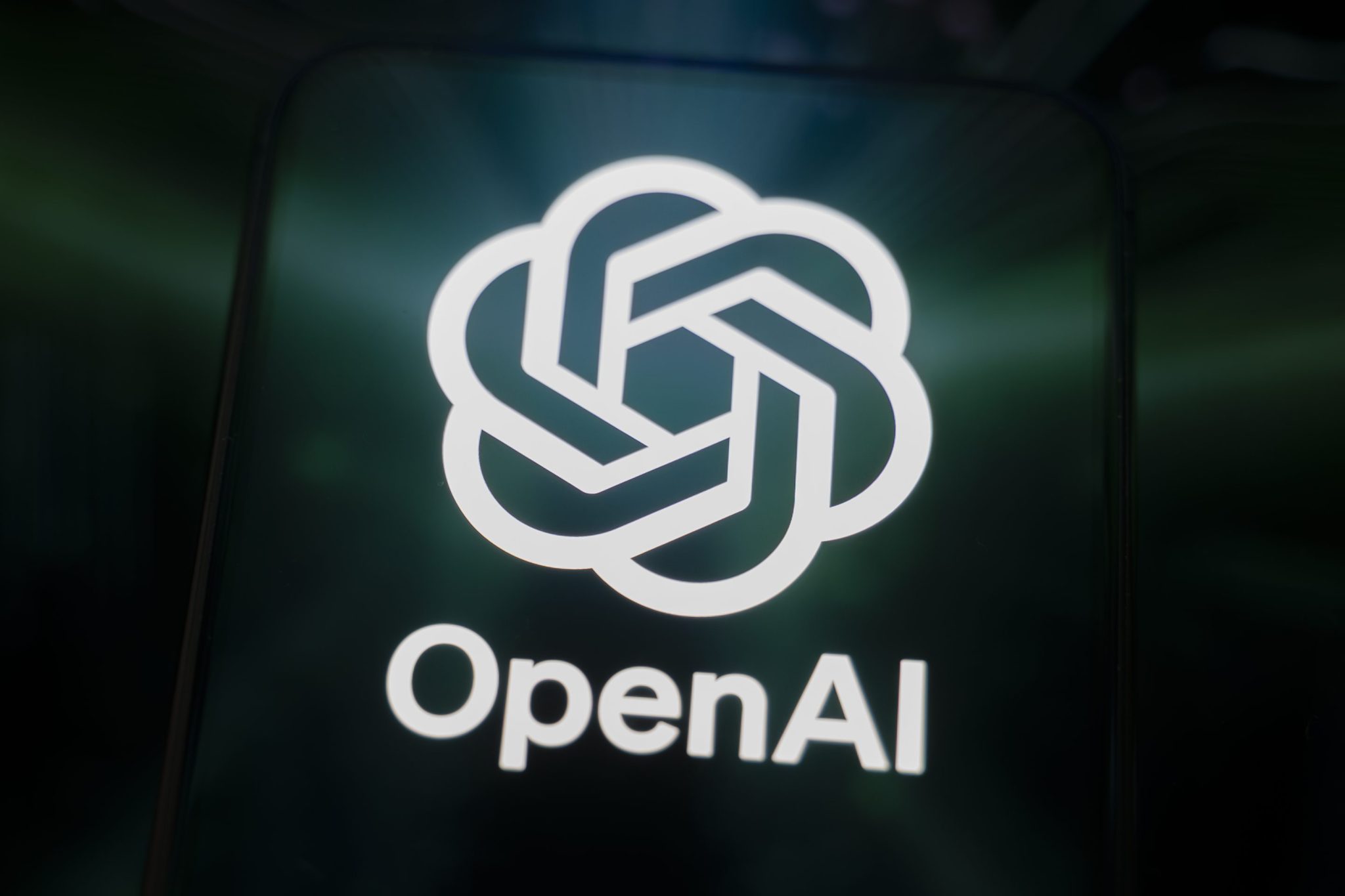
OpenAI said it will allow users in the U.S. to make purchases directly through ChatGPT using a new Instant Checkout feature powered by a payment protocol for AI co-developed with Stripe.
The new chatbot shopping feature is a big step toward helping OpenAI monetize its 700 million weekly users, many of whom currently pay nothing to interact with ChatGPT, as well as a move that could eventually steal significant market share from traditional Google search advertising.
The rollout of chatbot shopping features—including the possibility of AI agents that will shop on behalf of users—could also upend e-commerce, radically transforming the way businesses design their websites and try to market to consumers.
OpenAI said it was rolling out its Instant Checkout feature with Etsy sellers today, but would begin adding over a million Shopify merchants, including brands such as Glossier, Skims, Spanx, and Vuori “soon.”
The company also said it was open-sourcing the Agentic Commerce Protocol, a payment standard developed in partnership with payments processor Stripe that powers the Instant Checkout feature, so that any retailer or business could decide to build a shopping integration with ChatGPT. (Stripe’s and OpenAI’s commerce protocol, in turn, supports the open-source Model Context Protocol, or MCP, that was originally developed by AI company Anthropic last year. MCP is designed to allow AI models to directly hook into the backend systems of businesses and retailers. The new Agentic Commerce Protocol also supports more conventional API calls too.)
OpenAI will take what it described as small fee from the merchant on each purchase, helping to bolster the company’s revenue at a time when it is burning through many billions of dollars each year to train and support the running of its AI models.
How it works
OpenAI had previously launched a shopping feature in ChatGPT that helped users find products that were best suited to them, but the suggested results then linked out to merchants’ websites, where a user had to complete the purchase—analogous to the way a Google search works.
When a ChatGPT user asks a shopping-related question—such as “the best hiking boots for me that cost under $150” or “possible birthday gifts for my 10-year old nephew”—the chatbot will still respond with product suggestions. Under the new system, if a user likes one of the suggestions and Instant Checkout is enabled, they will be able to click a “Buy” button in the chatbot response and confirm their order, shipping, and payment details without ever leaving the chat.
OpenAI said its “product results are organic and unsponsored, ranked purely on relevance to the user.” The company also emphasized that the results are not affected by the fee the merchant pays it to support Instant Checkout.
Then, to determine which merchants that carry that particular product should be surfaced for the user, “ChatGPT considers factors like availability, price, quality, whether a merchant is the primary seller, and whether Instant Checkout is enabled,” when displaying results, the company said.
OpenAI said that ChatGPT subscribers, who pay a monthly fee for premium features, would be able to use the same credit or debit card to which they charge their subscription or store alternate payment methods to use.
OpenAI’s decision to launch the shopping feature using Stripe’s Agentic Commerce Protocol will be a big boost for that payment standard, which can be used across different AI platforms and also works with different payment processors—although it is easier to integrate for existing Stripe customers. The protocol works by creating an encrypted token for payment details and other sensitive data.
Currently, OpenAI says that the user remains in control, having to explicitly agree to each step of the purchasing process before any action is taken. But it is easy to imagine that in the future, users may be able to authorize ChatGPT or other AI models to act more “agentically” and actually make purchases for the user based on a prompt, without having to check back in with a user.
The fact that users never have to leave the chat interface to make the purchase may pose a challenge to Alphabet’s Google, which makes most of its money by referring users to companies’ websites. Although Google may be able to roll out similar shopping features within its Gemini chatbot or “AI Mode” in Google Search, it’s unclear whether what it could charge for transactions completed in these AI-native ways would compensate for any loss in referral revenue and what the opportunities would be for the display of other advertising around chatbot queries.
Update, Sept. 30: This story has been updated to clarify that OpenAI and Stripe co-developed the Agentic Commerce Protocol and to clarify how this standard relates to the Model Context Protocol. In addition, the story has been updated to clarify the difference between the factors that determine which products ChatGPT will suggest to users versus the criteria used to determine which merchants that carry those products to display to users.







